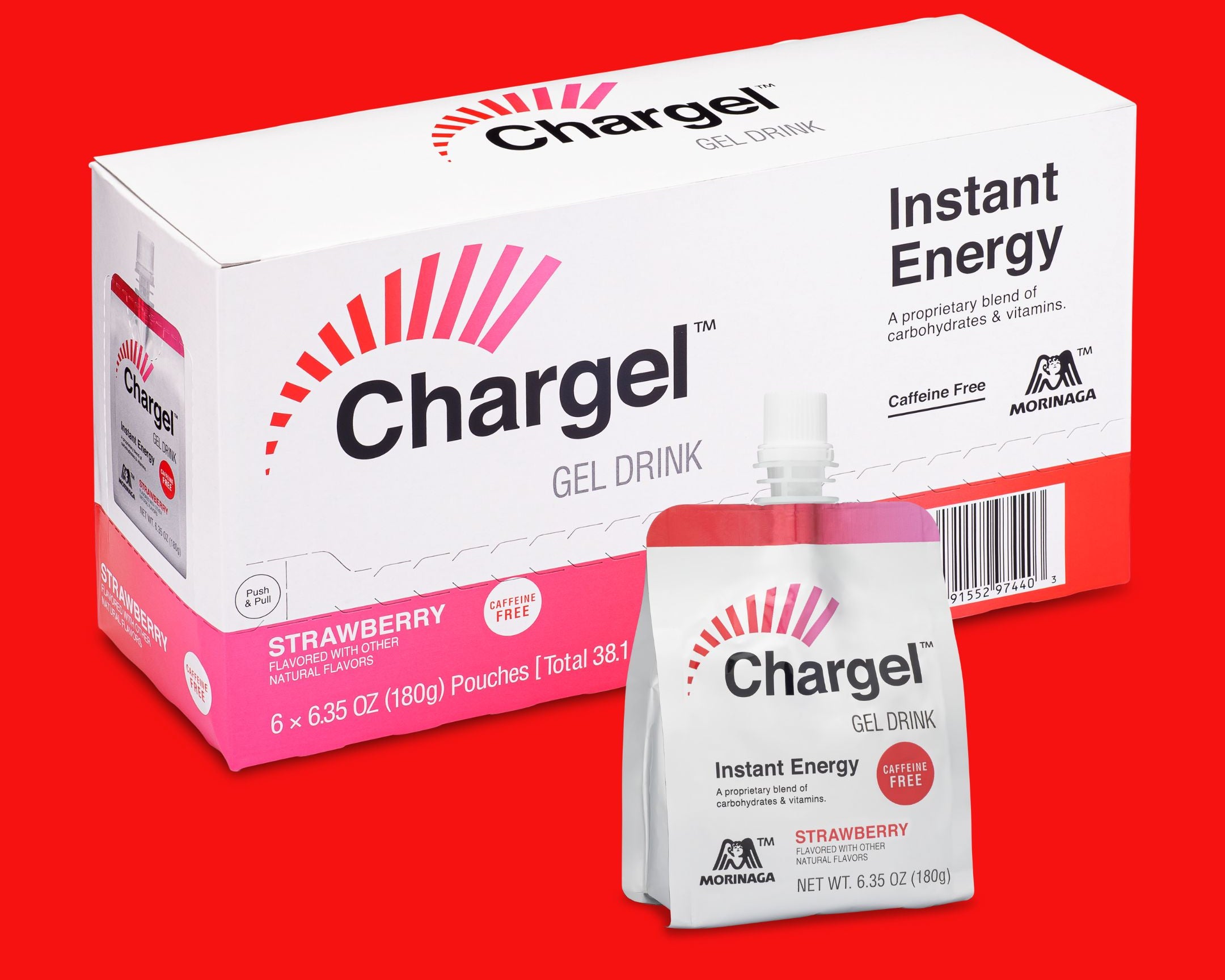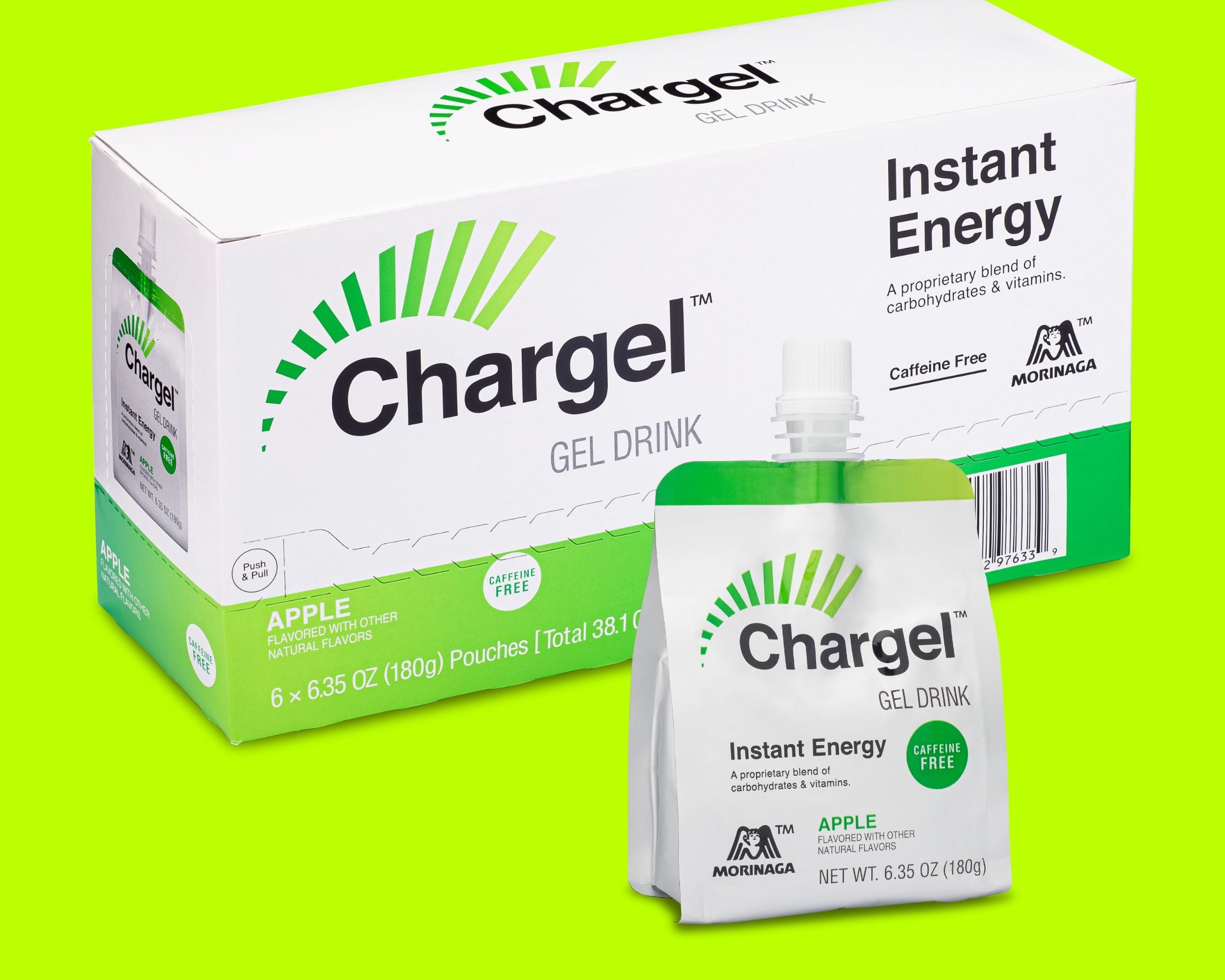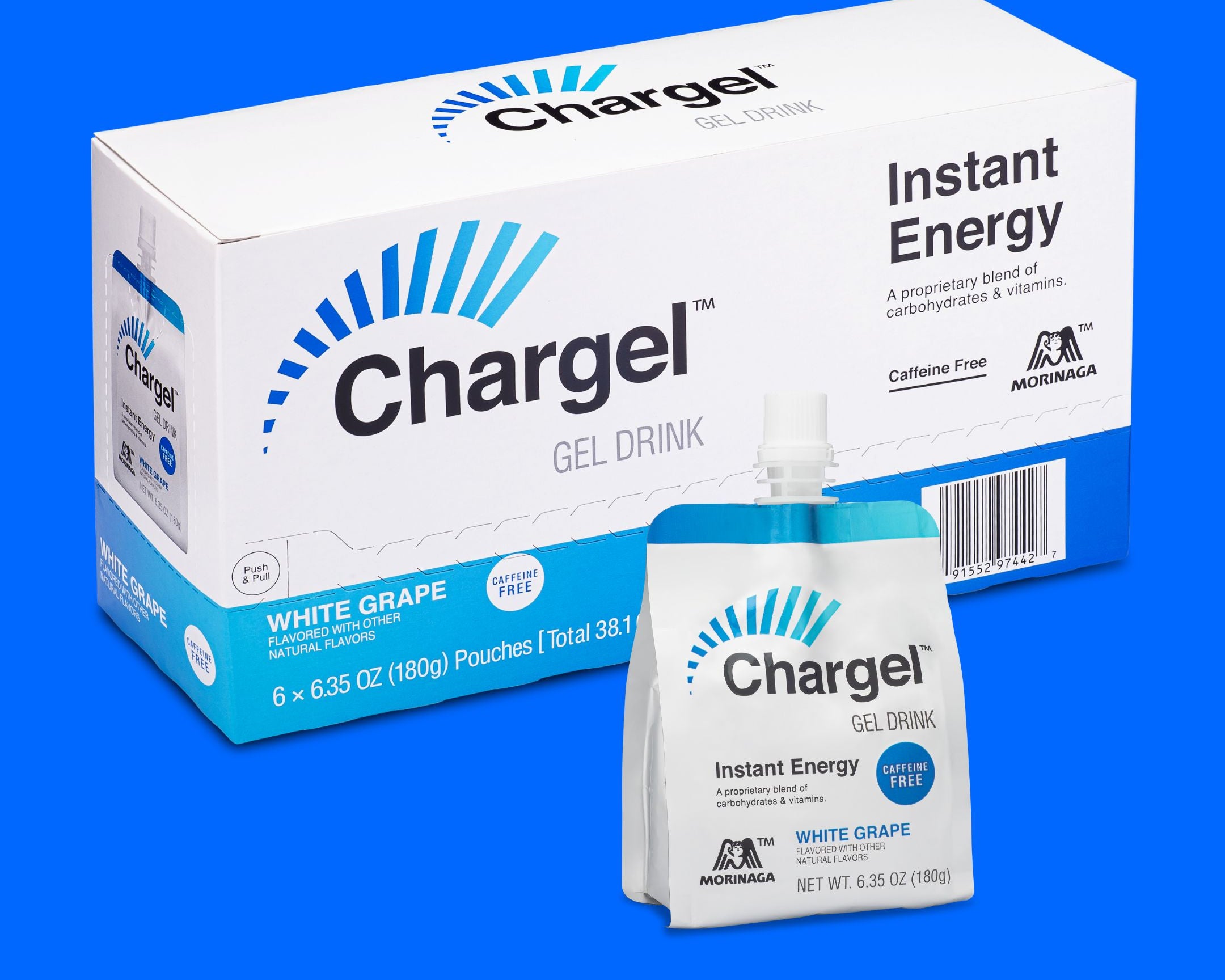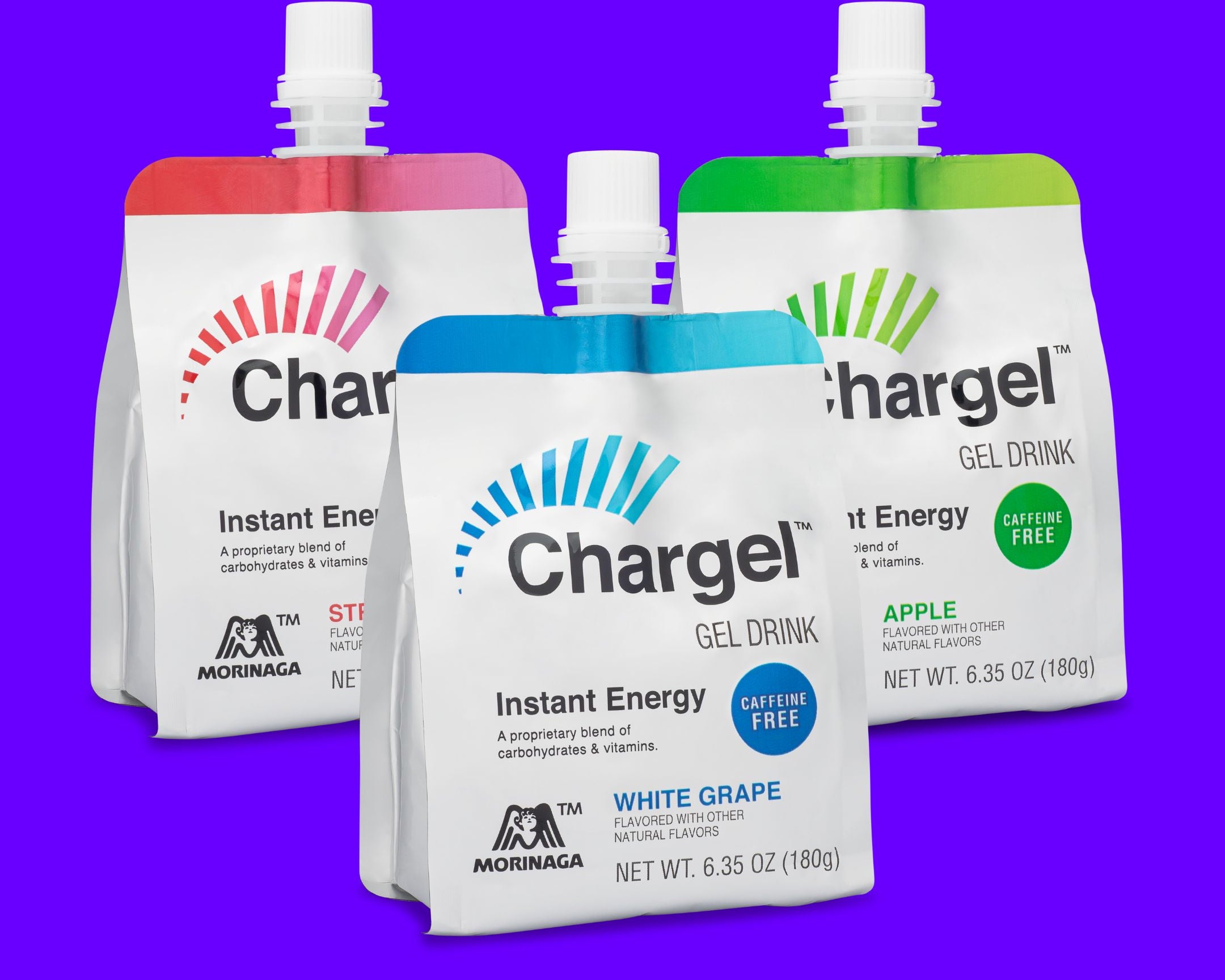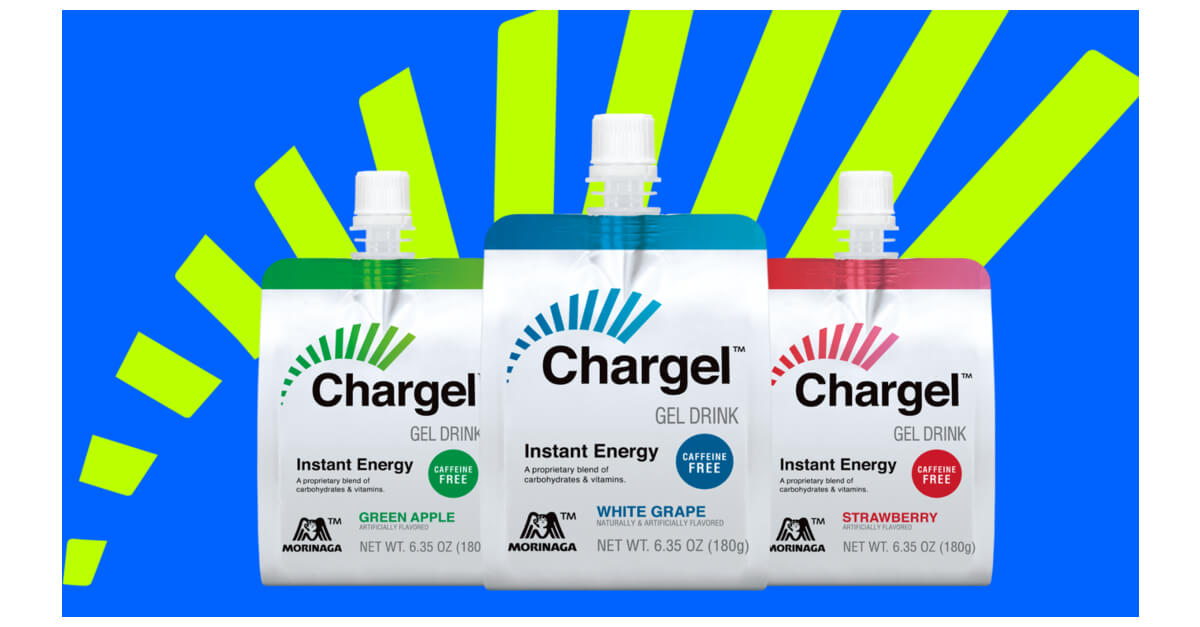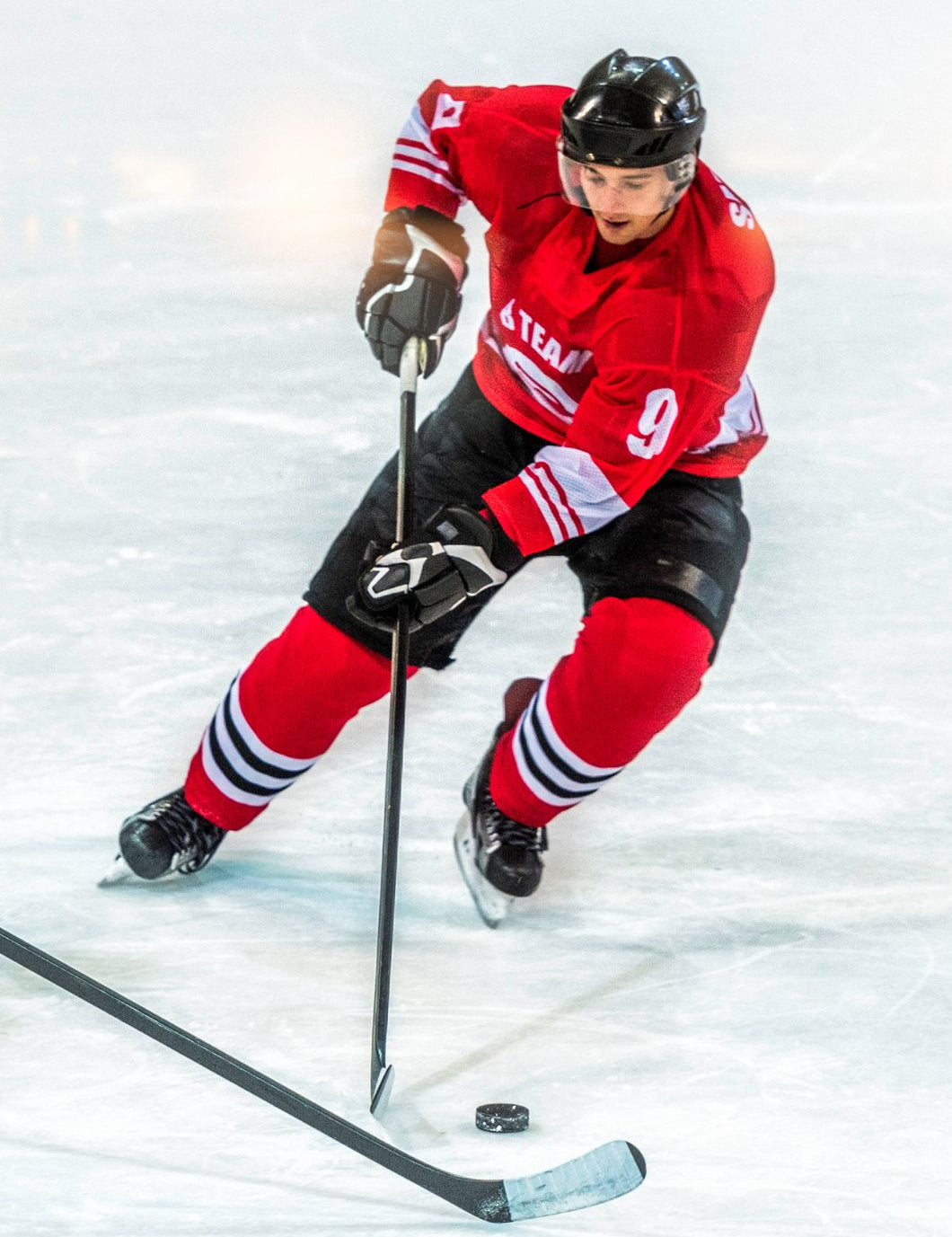Essential Tips for Warm Weather Races
Running a marathon in hot and humid weather can raise the risk of dehydration, heat illness, and an unwelcome visit to the medical tent. But with the right precautions, you can turn a challenging race day into a much more enjoyable experience. As a sports nutritionist and endurance athlete, I’ll share some essential tips to help you perform at your best, even when the temperature rises.
How to Prepare for Running in the Heat
Spring and summer marathons often bring the challenge of running in much hotter and more humid conditions than you experienced during training, especially if you’re traveling to a different climate for the race.
While you may have spent countless hours preparing, your body might not be fully ready for the heat on race day. Acclimatization is key to avoiding overheating, and it typically takes about 10 to 14 days for your body to adjust to new temperatures and humidity levels.
Unfortunately, you can’t always count on Mother Nature to provide warm weather leading up to your race. To prepare for the possibility of a hot race day, consider slightly overdressing during your final weeks of training. This method helps your body get used to running in warmer conditions. However, it’s important to do this gradually to avoid illness and remember to increase your fluid intake to prevent dehydration. While it might feel uncomfortable to finish your runs drenched in sweat, it’s far better than struggling through your marathon because you weren’t prepared for the heat.
Nutritional Recommendations for Hot Weather Marathons
Staying hydrated is crucial when running a marathon, especially in warm weather. Aim to drink about 16-20 ounces of water 2-3 hours before the race to ensure you're starting well-hydrated.
During the race, try to drink small sips of water frequently, especially if it's hot. Your individual water intake will vary depending on your size, training level, running speed, and outside temperature. Aim to lose no more than 3% of your body weight by the end of the race.
In addition to water, it’s important to replenish electrolytes, such as sodium, potassium, and magnesium, which are lost through sweat. Consuming drinks with electrolytes or adding electrolyte tablets to your water can help maintain the balance.
Before the race, eat a balanced meal with plenty of carbohydrates to fuel your muscles. During the race, easy-to-digest snacks like bananas or energy gels can keep you going. You should be eating 60-90 grams of carbs per hour.
Consider using Chargel, a plant-based gel drink that's easy to digest and provides 45 grams of carbohydrates and a blend of B vitamins to give you energy without caffeine. You can take two Chargel per hour or one alongside a sports drink that provides additional carbohydrates.

Must-Have Items for Race Day
On race day, having the right gear can make all the difference. Here’s a list of must-have items:
- Lightweight and light-colored moisture-wicking clothes
- A hat and sunglasses
- Sunscreen
- Cooling towels
- Chargel gel drinks
Strategies to Prevent Overheating During the Marathon
To prevent overheating, start at a steady pace and listen to your body. If you feel dizzy or extremely tired, slow down or take a break. Use cooling towels and seek shade whenever possible. Recognize the signs of heat exhaustion, like heavy sweating, weakness, or nausea, and take action immediately if you experience them.
Remember, running in hot and humid conditions increases your chances of dehydration and heat-related issues. By taking the right precautions, you can stay safe, perform well, and avoid any unexpected detours to the medical tent. Remember to stay hydrated, eat well, and listen to your body. And don't forget to bring along your Chargel gel drinks for a quick and easy energy boost. Happy running!
